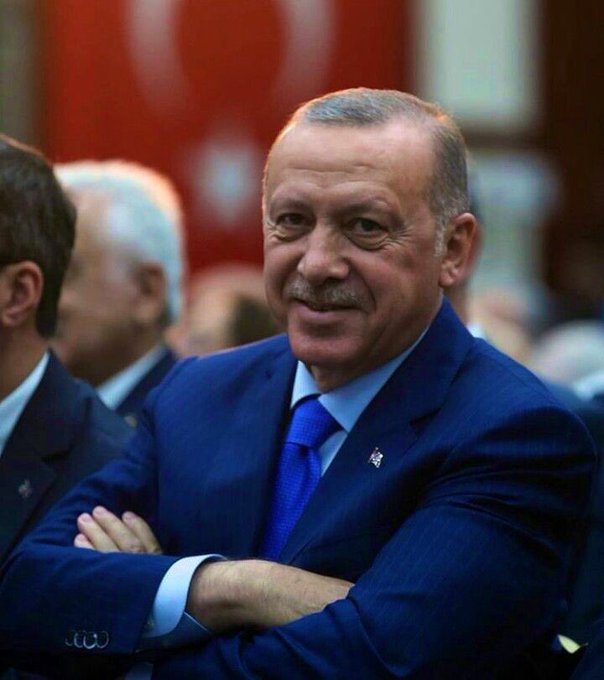Last Updated on May 22, 2023 2:19 am by INDIAN AWAAZ

Erdogan
IFTIKHAR GILANI in ANKARA -TURKEY
Despite dwindling economy, rising prices of essential commodities, the catastrophic impact of earthquake, President Recep Tayyip Erdogan seems to have an upper hand in the runoff election to be held on May 28. West’s brazen support to the joint Opposition candidate Kemal Kilicdaroglu could be one of the major reason that will tilt the result in favour of Erdogan..
“I was waiting for Election Day use—the ballot paper—to punish the incumbent government led by President Erdogan. But, on May 14, the day of polling, the West’s brazen support to the joint Opposition candidate Kemal Kilicdaroglu led me to change my mind”, says Tugrul Oktay (55), a small-time footwear shop owner in the Turkish capital of Ankara,.
“I voted for Erdogan, not out of love but because the West and particularly the US media went overboard in supporting Kilicdaroglu,” said Oktay, many of whose family members live in Italy and France.
Defying the expectations of the pollsters, Erdogan managed to win 49.5 per cent of the votes, while his main opponent Kilicdaroglu, who secured 44.9 per cent votes in the first round of the election.
Since none of the candidates managed to get 50 per cent +1 votes, a mandatory constitutional requirement to sail through, a runoff will be conducted between the two main candidates on May 28. In the next round, Erdogan will need to acquire a mere 0.5 per cent of the votes to declare victory.
There is a gap of nearly 2.5 million votes between Erdogan and his nearest opponent. Sinan Ogan, a right-wing nationalist contender, who trailed in a distant third with 5.2 per cent, now stands to be the key figure in the second round of voting. Another candidate, Muharrem Ince, had walked out of the race just days before the election.
According to local Political analysts a combination of rhetoric against the West, the distribution of freebies, and the unleashing of welfare schemes just before Election Day helped Erdogan and his ruling Justice and Development Party, officially abbreviated as AK Party, to turn the tables against the opposition.
Just six days ahead of the polling, everyone in the country woke up with a cheering SMS in their phones that the cumhurbaskan (president) has paid their fuel bills for the month of May to celebrate the extraction of gas from the Black Sea.

It was said that the country will meet approximately 30 per cent of its annual natural gas needs from the Black Sea reserves. The same SMS also announced that households using less than 25 cubic meters of gas per month would not get any bills for one year. Like in other parts of Europe, fuel bills had become a source of concern in Turkiye as well over the past year following the Russia-Ukraine war.
“The priority of the Turkish voters was not foreign policy, but the ruling conservative alliance was rewarded for making nationalist rhetoric during the election campaign,” says Mehmet Ozturk, a senior analyst. He said that Erdogan’s decision to bring a warship to Istanbul and his criticism of the US before the election were effective during the campaign, as the public had become skeptical of the West’s interest in supporting Kilicdaroglu.
Nationalism associated with the country’s deep insecurity runs supreme and is often a deciding factor, as historically both Russia and the West have militarily attacked the country.
“Turkish people showed that they do not like external interference in their electoral system. The inflation and the cost of living took a back seat, as stability and preserving the country’s security became the driving force,” Ozturk added.
For the 600-member parliament, the AK Party won 268 seats (35.6 per cent votes). Together with allies, the ruling AK Party-led People’s Alliance won 323 seats (49.4 per cent votes).
The Republican People’s Party or CHP-led six-party alliance, which had ballooned to 17 parties days before the election, won 268 seats (35.5 per cent votes). These include 10 seats won by Islamist Saadat or Repah Party. The only solace for the CHP is that it increased its seats from 146 seats in 2018 to 169, with a 3 per cent increase in votes, with its individual vote share standing at 25.4 per cent.
